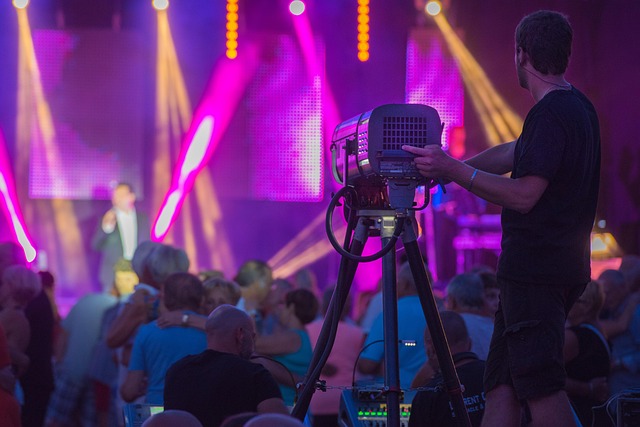The world of theatre has long been intertwined with the music industry, creating a vibrant tapestry of entertainment that resonates with audiences on multiple levels. At the heart of this relationship lies the concept of dramatization, which serves as a vital tool in bridging narrative storytelling and musical expression. This exploration reveals how theatre impacts the music industry, reshaping its landscapes through stunning performances and collaborative ventures.
Theatre, by its very nature, is a compelling form of dramatization, capable of transporting audiences to different realms. The evocative combination of live performances, dialogue, and music creates an immersive experience that few art forms can replicate. Concerts and festivals that branch from theatre productions often incorporate these elements, resulting in unparalleled spectacles that attract diverse crowds. Major festivals, like the Edinburgh Festival Fringe, exemplify this connection by featuring musical theatre, showcasing original compositions that may later emerge as chart-topping hits.
While music-related shows in theatres can ignite passions and memories, they also introduce opportunities for emerging artists in the music industry. For instance, a well-produced musical can rejuvenate a classic album, leading to a wider appreciation of its original artistry. Consequently, this creates a robust cycle of creative collaboration, where playwrights, composers, and performers come together to innovate and explore new musical horizons.
The cinematic world also plays a significant role in the dramatization of musical stories. As film adaptations of stage productions become increasingly popular, they often introduce musical theatre to wider audiences who may not have previously attended live performances. These adaptations present new soundtracks that can create a resurgence in interest for both the film and the originating stage production, thus providing significant revenue streams for performers, playwrights, and composers alike.
Furthermore, through dramatization, theatre cultivates a sense of community among artists and audiences. Live performances foster a unique bond, as attendees share in the highs and lows of the narrative journey intertwined with musical elements. This emotional resonance is particularly evident during live music events where people’s connections to the songs can elevate the atmosphere, transforming festivals into unforgettable memories. Music within theatre not only entertains; it also serves as a powerful medium for conveying emotions and telling stories that can resonate across time and space.
As we delve deeper into the future of the music industry, the influence of theatre cannot be overlooked. The ongoing dialogue between these two art forms heralds new possibilities, as artists push boundaries and experiment with sound, staging, and audience engagement. Whether it’s a Broadway blockbuster, a local production, or a groundbreaking concert event, the impact of dramatization in theatre continues to shape the music industry, crafting experiences that challenge perceptions and inspire creativity.
So, as we continue to explore the vibrant connection between drama and music, it’s essential to appreciate how their synergies not only entertain but evoke powerful emotions, making each performance a memorable experience that transcends mere artistry. The theatre stage will always remain a fertile ground for nurturing musical talent, forging connections, and inviting audiences into the expansive world of shared narratives.


